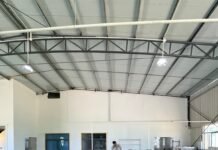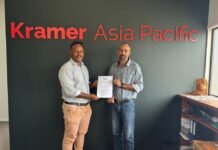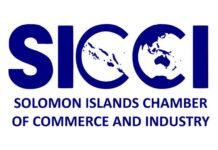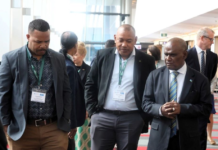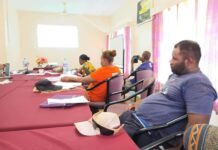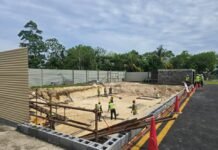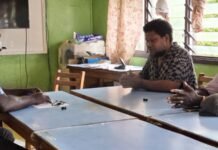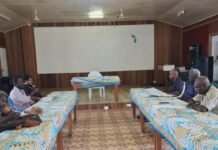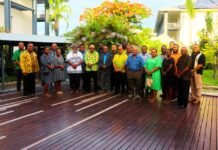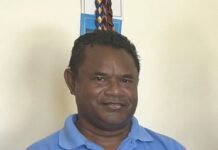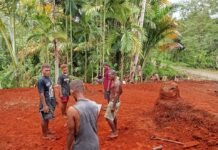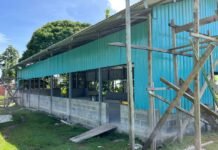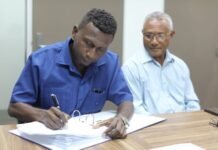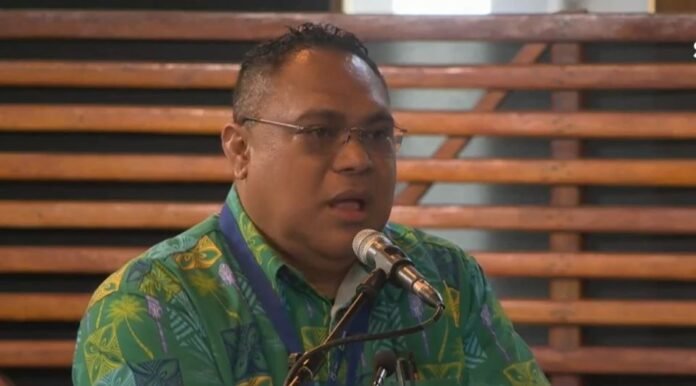
BY CHRIS ALEX
DR. Luke Forau, Governor of the Central Bank of Solomon Islands, in an address at the Solomon Islands National Energy Summit 2024, held at the Mendana Hotel yesterday, placing a spotlight on the critical link between energy security, economic stability, and national security.
“Energy is a necessity for our development aspirations,” Dr. Forau began, outlining the central role energy plays in the nation’s broader development goals.
He acknowledged the long-standing challenges the Solomon Islands has faced in its energy sector, emphasizing how high energy costs have become a persistent burden on businesses, which have repeatedly ranked power as their number one cost factor during consultations with the Central Bank.
In a call for immediate action, Dr. Forau highlighted findings from the recently released World Bank report, New Sources of Growth, which identifies agriculture, fisheries, and tourism as potential engines for the nation’s future growth.
He noted that the mechanization and modernization of these industries, crucial to driving growth, would hinge on affordable and reliable energy supply.
“High energy prices continue to constrain growth,” Dr. Forau stated, highlighting the unsustainable electricity costs for businesses.
While Solomon Power, the national utility company, is often at the center of public criticism for the rising electricity prices, Dr. Forau offered a defense.
“Solomon Power is primarily a price taker,” he explained, attributing the bulk of the price hikes to external factors, particularly volatile global fuel prices and local taxes.
Dr. Forau urged the government to reassess its policy on import duties and taxes on fuel, which account for a significant portion of energy costs.
He stressed that reforms in this area could provide much-needed relief to both businesses and consumers. The Governor’s comments reflect growing concerns that the high cost of energy is stifling economic potential at a critical stage for the country.
Turning to solutions, Dr. Forau praised Solomon Power for its strides in renewable energy development, a crucial step in diversifying the country’s energy sources.
He emphasized the importance of building resilient infrastructure to withstand the increasing threats posed by climate change, which adds another layer of complexity to the energy equation.
The Governor closed his speech with a recommendation for the government to develop a comprehensive economic security policy, one that fully integrates energy security into the broader framework of national stability.
“Energy disruptions have the potential to trigger severe economic and social impacts,” he warned, underscoring that reliable energy is not just an economic issue but a national security imperative.
The summit brought together key stakeholders from government, the private sector, and international partners, all seeking viable pathways toward energy reform.






